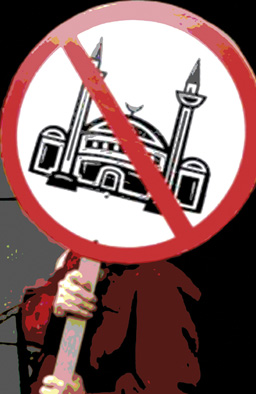The ghoulish story of jihadist advance : Mortals will fail when they play God
With Iraq‘s largest Christian city all but abandoned on Thursday on account of the jihadist advance, I was reminded of a story Sadakat Kadri tells in ‘Heaven on Earth’, his 2012 book on the history of Islamic law. This is especially pertinent in the context of the ghoulish acts ascribed to ISIS, “formerly Islamic State”, particularly with regard to non-Muslims.
Around 750 A.D., Persian political adviser Ibn al-Muqaffa was put to the death in a uniquely gruesome way. His limbs were removed and he was forced to watch as they roasted slowly in an oven. Al-Muqaffa’s sin was “blasphemy”; more specifically, the suggestion that sharia be codified into written rules. It’s reasonable to assume that few must have dared repeat Al-Muqaffa’s offence any time soon.
Though the book is sub-titled ‘A Journey Through Shari’a Law From the Deserts of Ancient Arabia to the Streets of the Modern Muslim World’, it is good for a great deal more than macabre anecdotes from 1500 years of Islamic history.
It is the complete negation of freelance jihadists and violent thugs who beat, behead, stone and threaten in the Shariah’s name. In a sentence that might almost have been written for ISIS and its self-proclaimed ‘caliph’, al-Baghdadi, Mr Kadri stresses that “claiming divine authority is not the same as possessing it.”
Half-Finnish and half-Pakistani, born and raised in London, with a law degree from Harvard (at the same time as Barack Obama), Mr Kadri points out the many ways in which Shariah is given a bad name (by groups like ISIS for example). Stoning, he explains, is not mentioned in the Koran as a punishment for adultery but most people around the world believe that it must be so because hard-liners with a selective interpretation of Shariah deem this to be the case.
“Mortals can only fail,” he writes, “when they play God.”


